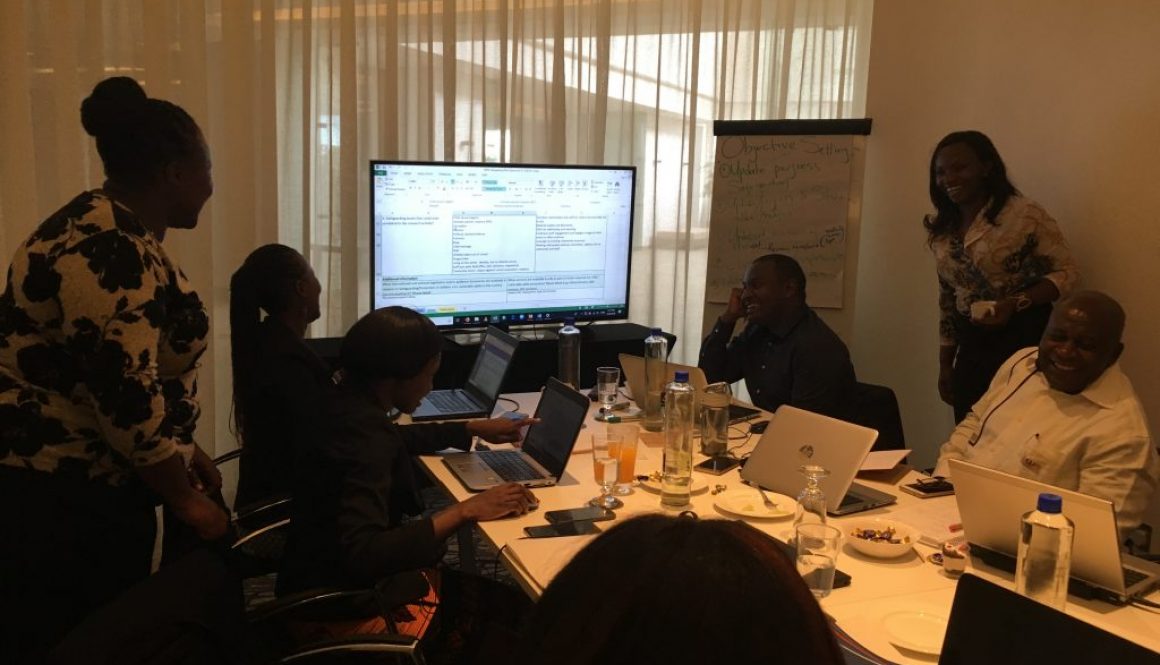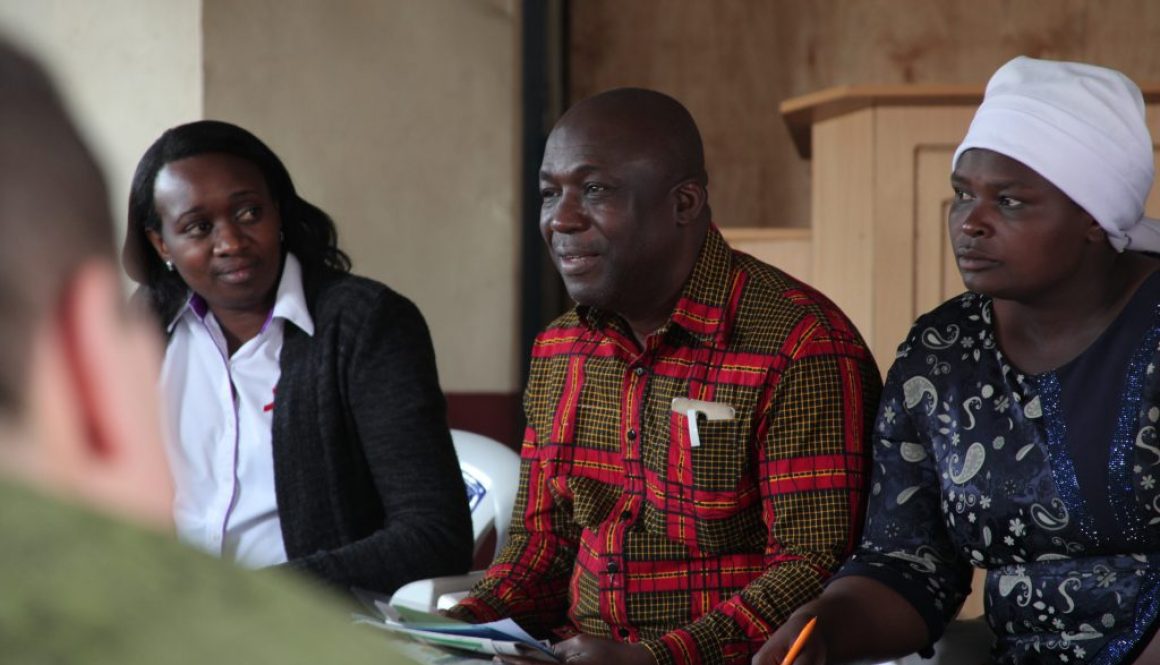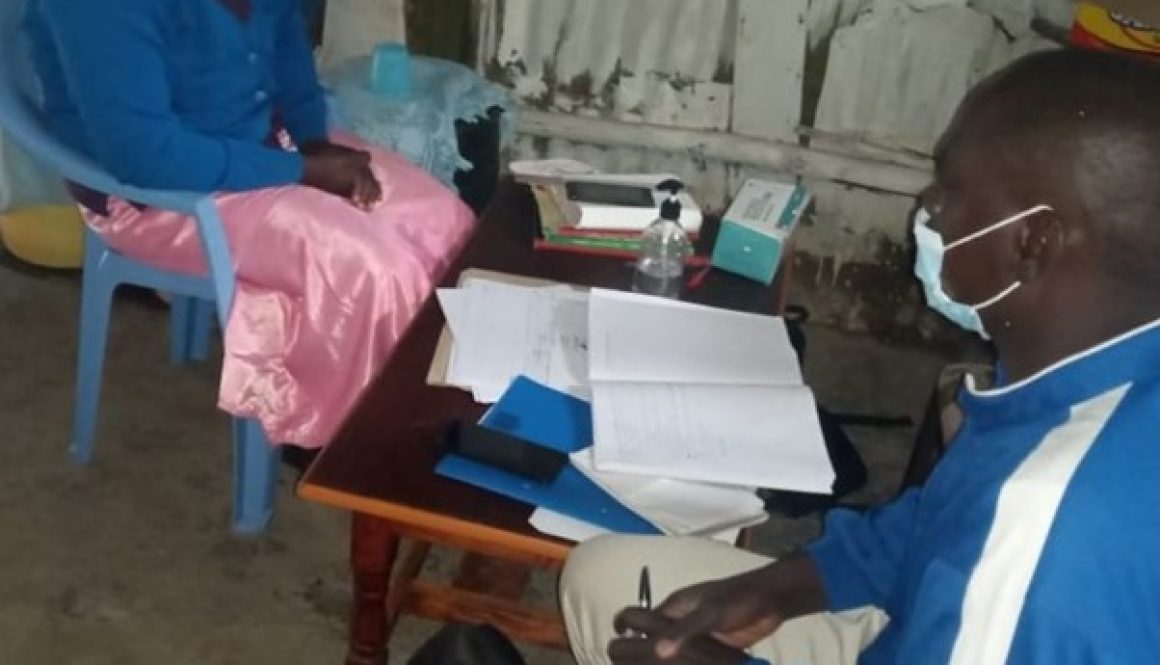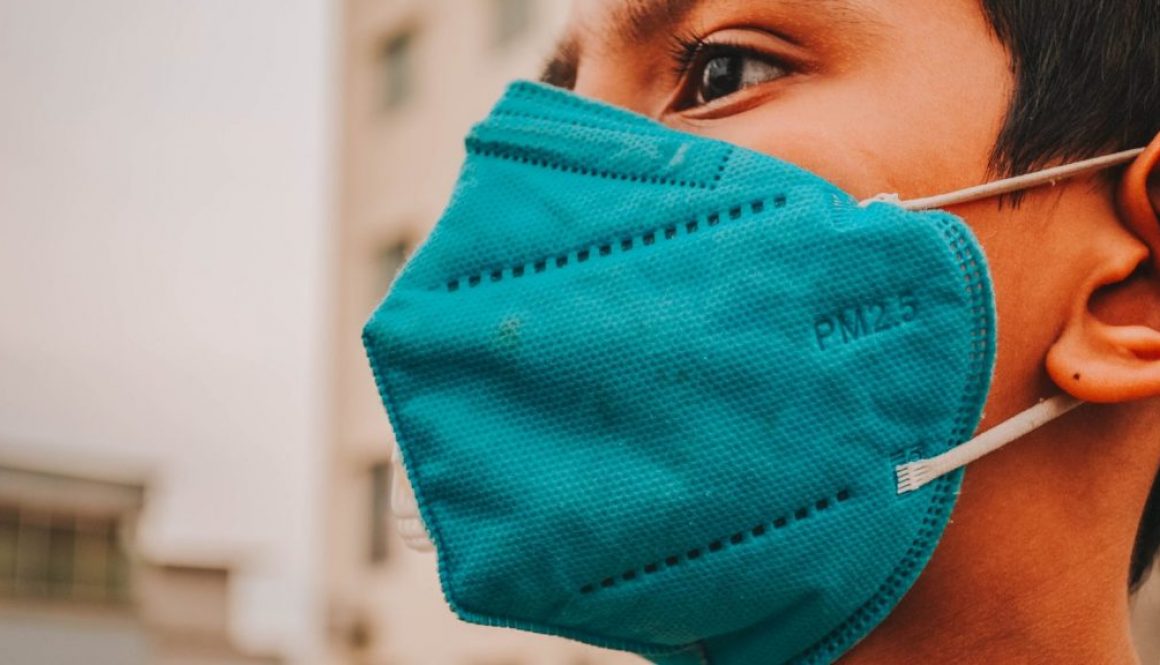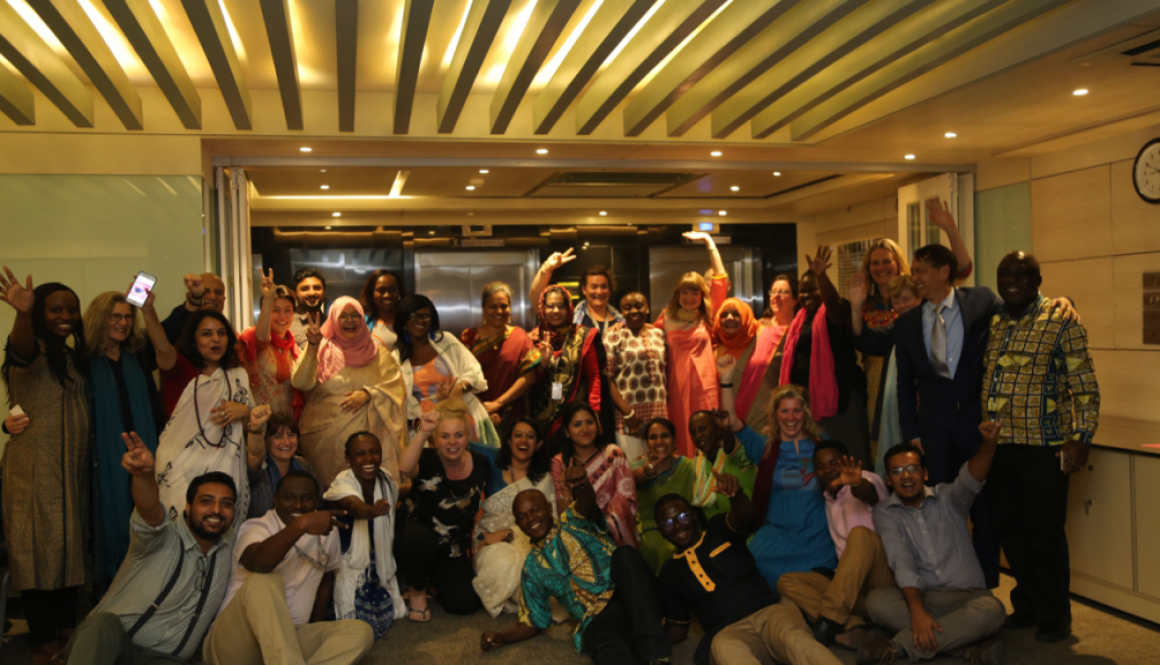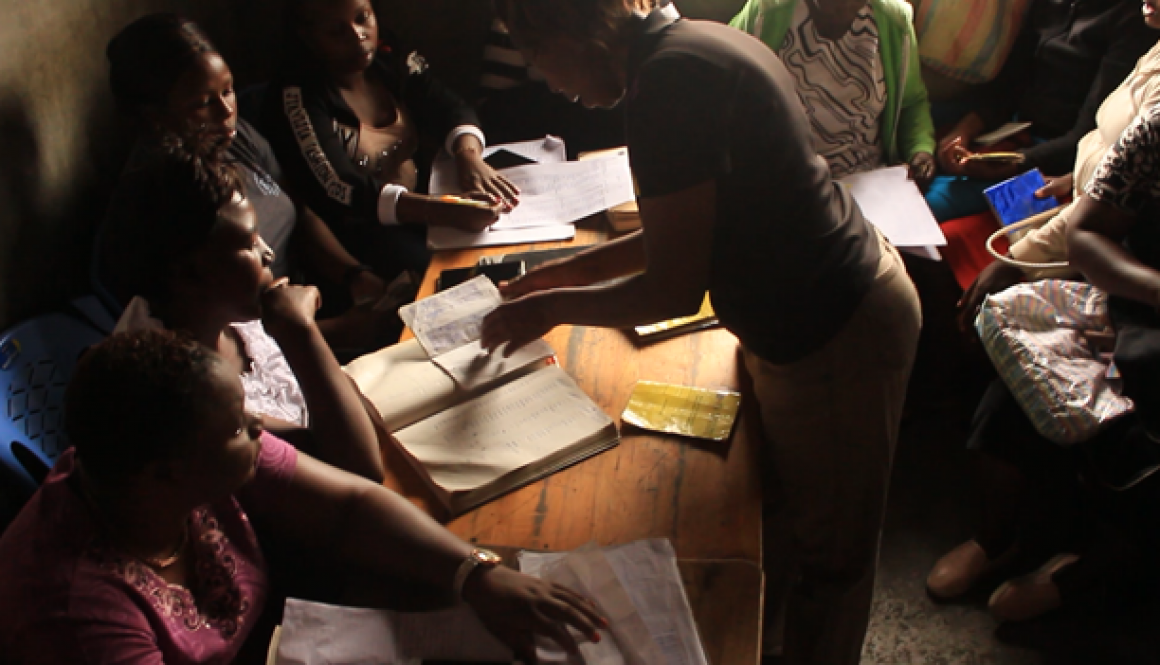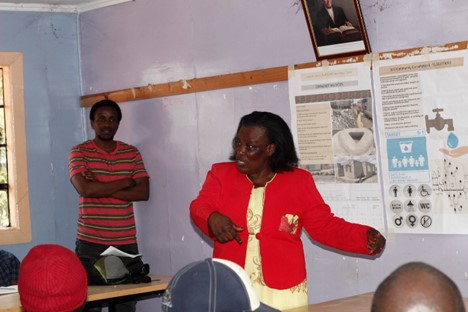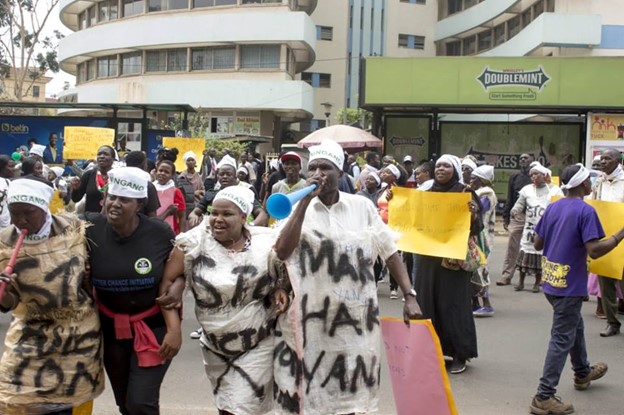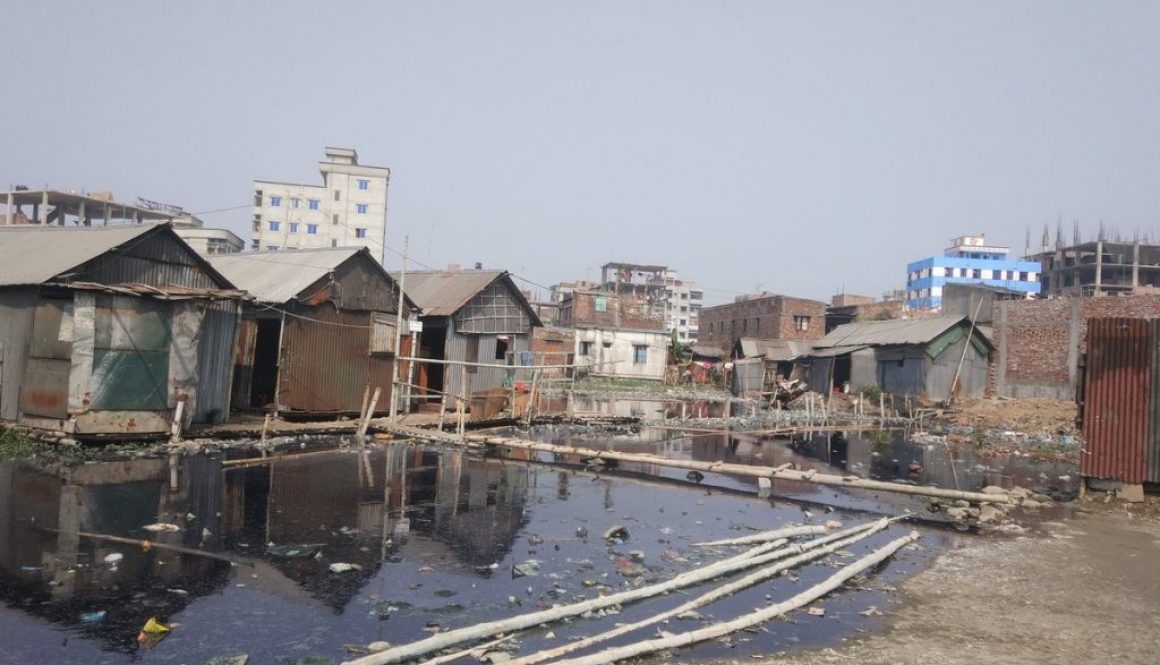This blog was written for World Cities Day, 31 October 2020. The theme this year is Valuing Our Communities and Cities. People in informal urban settlements deserve our support and solidarity. In the blog we explore how they are experiencing some of the secondary effects of COVID-19 and mechanisms that could strengthen the ways that they are involved in the pandemic response.
Current upheavals highlight longstanding socioeconomic inequities that continue to raise difficult policy and accountability questions. Some forms of vulnerability are more discernible than others. Nearly one billion people live and work in informal, under-serviced, and precarious urban conditions. Before COVID-19, these communities occupied a peripheral and precarious space, both physically and in the imaginations of those in power. Such spaces are often rendered invisible and excluded from city-wide processes of development, at other times hyper-visible as sites of chaos or calamity.
Non-COVID-19 related health care
Our colleagues in Sierra Leone have argued that people living in informal urban settlements are more pre-disposed the chronic conditions which affect COVID-19 but that this is under-explored.
“The ‘slow violence’ of informal settlements includes everyday exposure to poorly managed waste, dust, smoke, fires, floods, disease vectors, long journeys across cities on overcrowded shared transport which can spread infections, occupational hazards, crime, but also insecurity, stress, lack of accountability, discrimination, abuse, invisibility, exclusion from economic and political power, and an inability to claim and maintain basic rights or services.”
In all contexts we work in lockdown has led to mental health strains and greater stress and anxiety are reported as precarious existences deepen with continued containment. Lockdown itself is troubling but also the loss of income that comes with it. In Sierra Leone we have documented detrimental psychosocial effects on health care workers as well as interventions from the Ebola epidemic that may help alleviate some of this burden. In Kenya as in other settings, access to healthcare has been disrupted. This has impacted particularly on mothers and children, residents with chronic conditions and the elderly.
“Individuals with chronic illness suffer a lot as they need specific medical attention, yet …we lack timely and adequate information on treatment of chronic illness…. Sometimes when they access the information, we lack money to buy drugs during this outbreak as many people have lost jobs…”
In India the heightened cost of transport to facilities and of services is having a troubling effect. Fear of infection is leading some to rely more on private pharmacies.
Economy and food security
COVID-19 has pushed previously financially stable people across informal settlements into poverty. For example in Dhaka, Bangladesh, the pandemic led multinational companies to cancel orders to garment factories plunging this workforce, who mainly live in informal settlements, into precarity. There is risk of malnutrition and starvation as day labourers are prevented from earning an income. COVID-19 has disrupted traditional networks of support. People are resorting to loan sharks as rent and food are hard to buy on credit. They are relying on community/family members, collecting cash from friends. Local crime rates have also risen. How long can this go on for?
When people are in ‘obhab’ (scarcity), people tend to fight more, they tend to resort to stealing. There is a chance of increasing crime in this community. I am worried that theft and crime will increase in our community.
In India, as elsewhere the work of ‘waste pickers’ and other sanitation workers is vital to the cities they work in, particularly now when the need for a sanitary environment is at its greatest and there has been an increase in biomedical waste. Yet, they remain ‘invisible’. Despite their key role, the provisions put in place to ensure their safety in the pandemic are inadequate. For example, aid meant for vulnerable populations, is often based on certificates of citizenship which denies these communities eligibility for many forms of relief, leaving them no resort but philanthropy and luck.
“We are Indians! I have all the documents like you have, to prove that I am an Indian: voter ID, ration card, Aadhar card…But we do not get rations since the ration cards are based at our homes, which we moved from six years ago. I transferred my Aadhar card because we cannot get jobs here without an Aadhar card and PAN card.”
This has been exacerbated by brutality in policing of lockdowns, targeted as informal communities, a troubling pattern that has been seen in many countries including Kenya. A community member in India said:
When we tried to resume work after the lockdown, we were troubled by the police. They said we give rations and all that, then why do you need to get out? But rations are not much. If the NGO had not supported us then, we don’t know what we would have done. We would have died of starvation before corona hit us.
The health system alone cannot solve these issues which require multi-sectoral approaches to address the structural, economic, patriarchal and social inequalities poor people face.
In Bangladesh, as elsewhere, we have seen stigma and discrimination against households affected by COVID-19. The coronavirus is seen as contagious and fatal disease. As a result, there are fears of quarantine and isolation or being locked up and never seeing one’s family again. Red flags are placed in homes of infected people and the media pictures of death, and bodies being thrown in separate burial grounds stokes fears that people will be buried without the appropriate religious ceremony. Fears of getting the virus have resulted in surveillance of others, under-reporting, harassment of family members with spouses returning from abroad, harassment of people with flu-like symptoms and suspicions about outsiders.
Treatment of women and children
In Kenya and elsewhere there have been increases in reports of Gender Based Violence (GBV) in informal settlements since COVID-19 began, and lockdowns and curfews were put in place.
Women are the hardest hit by COVID-19, they are primary caregivers of individuals who are ill during COVID-19 pandemic… Women are not the decision makers in most families and as such, the money they make in a day to day activity ends up in the hands of men in the family.
In Kenya, people with disabilities make up 10 percent of the population, an average of 4.4 million people. 66 percent of these people live in rural areas while 44 percent are in urban settlements, mostly for work purposes. Due to the rise of sexual harassment and domestic violence, disabled people have been majorly affected and abused by a spouses, parents or caregivers. The frustrations of lack and mental stress makes them among the more vulnerable victims. This causes unwanted pregnancies and contracting sexually transmitted diseases.
Conclusion
We need to address the situation of the urban poor through context-specific policies and action in the COVID-19 response. We should not think of the urban poor as a homogenous group, so data must be disaggregated (by gender, age, occupation, ethnicity and other axes of inequity). Longitudinal qualitative research is critical to capture impact now and post-pandemic. We must also reframe health beyond a biomedical (disease model) approach and put in place socially just models with the well-being of communities and people at the centre. Health decisions and policies must be balanced with social and economic interventions.
Communities have the potential to mobilise and take action to address life-threatening experiences. For example in Sierra Leone, FEDURP members’ action in Thompson Bay supported quarantined homes with drinking water while government support was delayed. In Funkia FEDURP members used the fund generated from the public toilet they manage to give out revolving loans to their members to revitalise their livelihood sources.
There is an urgent need to bridge the gap between formality and informality through recognition and inclusive participation so that the needs and aspirations of informal settlements can be addressed. There is a growing need to recognise and draw on community knowledge, creativity and capacities, which is the basis of first responses during pandemic. Governments should place communities at the centre of development aspirations and actions and work with them to develop appropriate support.
This blog draws on the work of Kate Hawkins, Sabina Rashid, Joseph Etyang, Janice Cooper, Bintu Mansaray, Rosie Steege, Caroline Kabaria, Sally Theobald, Blessing Mberu, Laura Dean, Haja Wurie, JK Lakshmi, Joseph Macarthy, Hayley Macgregor, Karsor Kollie, Joanna Raven, Lilian Otiso, Rachel Tolhurst, Annie Wilkinson, Abu Conteh, Beate Ringwald and Francis Anthony Reffell.
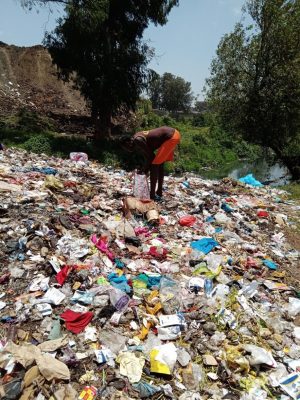 Alice is a 17 year old girl. Her mum is bedridden so she is the breadwinner for her mother and younger siblings. She is forced to work in the dumpsite and wash clothes in people’s homes to buy food which affects her ability to go to school. As a young girl she is easily verbally abused or not paid when she goes to wash clothes in people’s homes.
Alice is a 17 year old girl. Her mum is bedridden so she is the breadwinner for her mother and younger siblings. She is forced to work in the dumpsite and wash clothes in people’s homes to buy food which affects her ability to go to school. As a young girl she is easily verbally abused or not paid when she goes to wash clothes in people’s homes.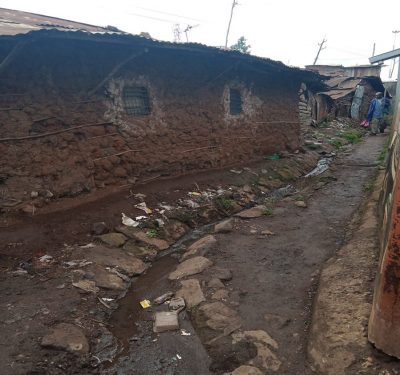 “I took a photo of that trench because of the blind and old people like myself because an old person cannot be able to jump across it. It is a danger to the old and it is problematic to me because I use this route often as I go to the shop. The sewerage that passes through there is also hazardous,” Beatrice a 78 year old woman.
“I took a photo of that trench because of the blind and old people like myself because an old person cannot be able to jump across it. It is a danger to the old and it is problematic to me because I use this route often as I go to the shop. The sewerage that passes through there is also hazardous,” Beatrice a 78 year old woman.